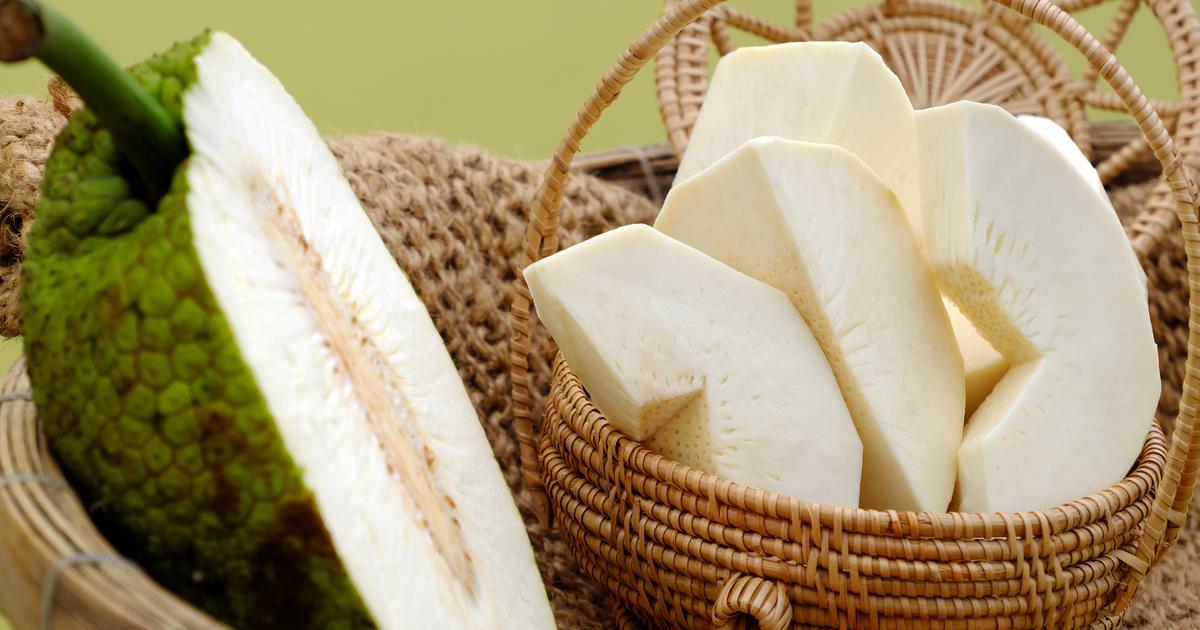The solidarity community Starnberger Land can be satisfied.
Despite the mixed summer weather, the vegetables on the nine sun fields that are spread across the district have developed well.
Around 400 tenants grow vegetables, herbs and flowers on the fields of the Starnberger-Land farmers.
"We have never had so many," says Jana Schmaderer, chairwoman of the solidarity community.
The number of tenants has increased significantly since the pandemic.
District
- Especially the pumpkin coped well with the difficult summer, said Schmaderer, who grows vegetables herself.
The Zuchinis didn't mind the moisture either.
“The radish harvest was moderate,” said the chairwoman.
Many tomatoes have fallen victim to late blight and brown rot.
Schmaderer is nevertheless satisfied: "The yield was extremely rich."
While some types of vegetables have already been harvested in the tenants' fields, the apple harvest is still in full swing. The variety of native apple varieties in the district is great. "Old and new varieties such as Boskop, Danzinger Kantapfel and Gravensteiner are very popular," says a press release from the Starnberger Land. The regional fruit from the hobby apple growers not only tastes good, but is also of great importance for ecological and regional diversity. The orchards on which the trees stand are an important habitat for insects, birds, dormice and bats. "Since these meadows are usually not mowed that often, they are very species-rich," says Schmaderer. Often up to 30 different apple varieties can be discovered on orchards with around 200 trees,which bloom for weeks and thus provide insect food. “A tree can be productive for up to 50 years,” says Schmaderer.
Since the Starnberger Land wants to preserve the orchards of the hobby farmers, the project “Fruit collection” was launched. Apple tree owners can hand in their apples and receive 20 euros for every 100 kilos. The Starnberger Land uses the apples to make apple juice that consists only of fruits from the district. The fruit is pressed in the Merk winery in Kitzingen. "Each of the many varieties is welcome at the apple collection, whether magpie, Bernese rose apple or gold parmane," says the press release. "We are already looking forward to the first glass of fresh apple juice this year."
However, it is important that the apples and the cultivation comply with the Unser-Land guidelines, because they ensure the high quality of the juice.
The fruit must not have been treated with chemical pesticides and must come from fruit trees in the district.
There is no control, but the apple deliverers confirm compliance with the guidelines with their signature.
Rotten or moldy apples must also be rejected, as one rotten apple can spoil around 2000 liters of juice.
The next deliveries will take place on Saturday, September 11th, and on Saturday, October 9th, from 9 a.m. to 12 p.m. at Magnus Ruhdorfer's farm (Rausch 4, Herrsching).
Starnberger Land asks all deliverers to wear mouth and nose protection.













/cloudfront-eu-central-1.images.arcpublishing.com/prisa/EXJQILQR5QI7OMVRTERD7AEZAU.jpg)
